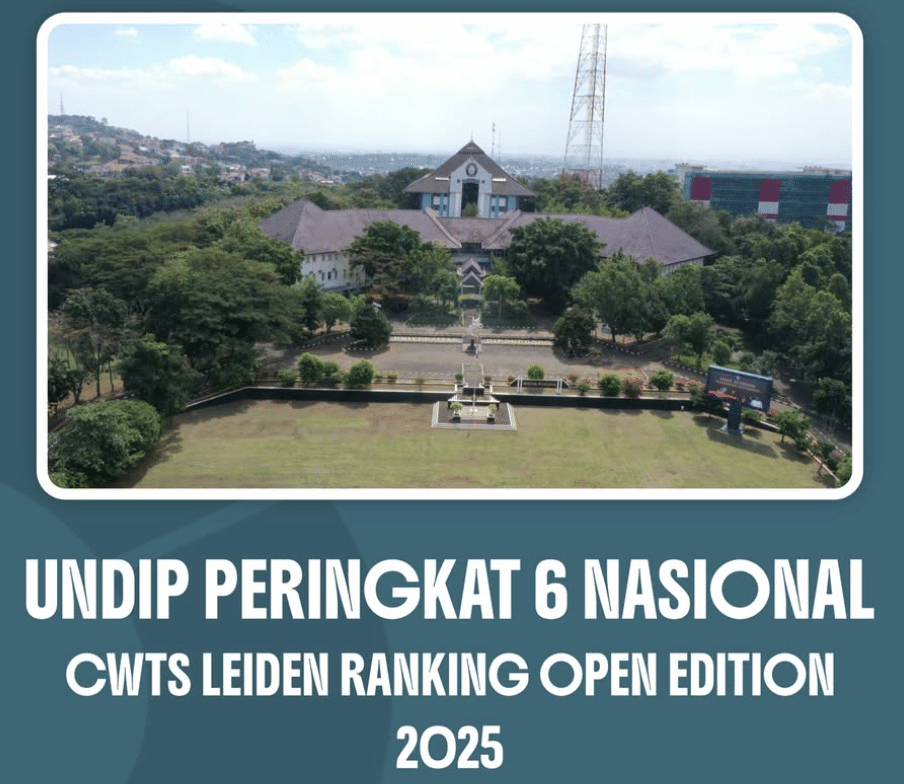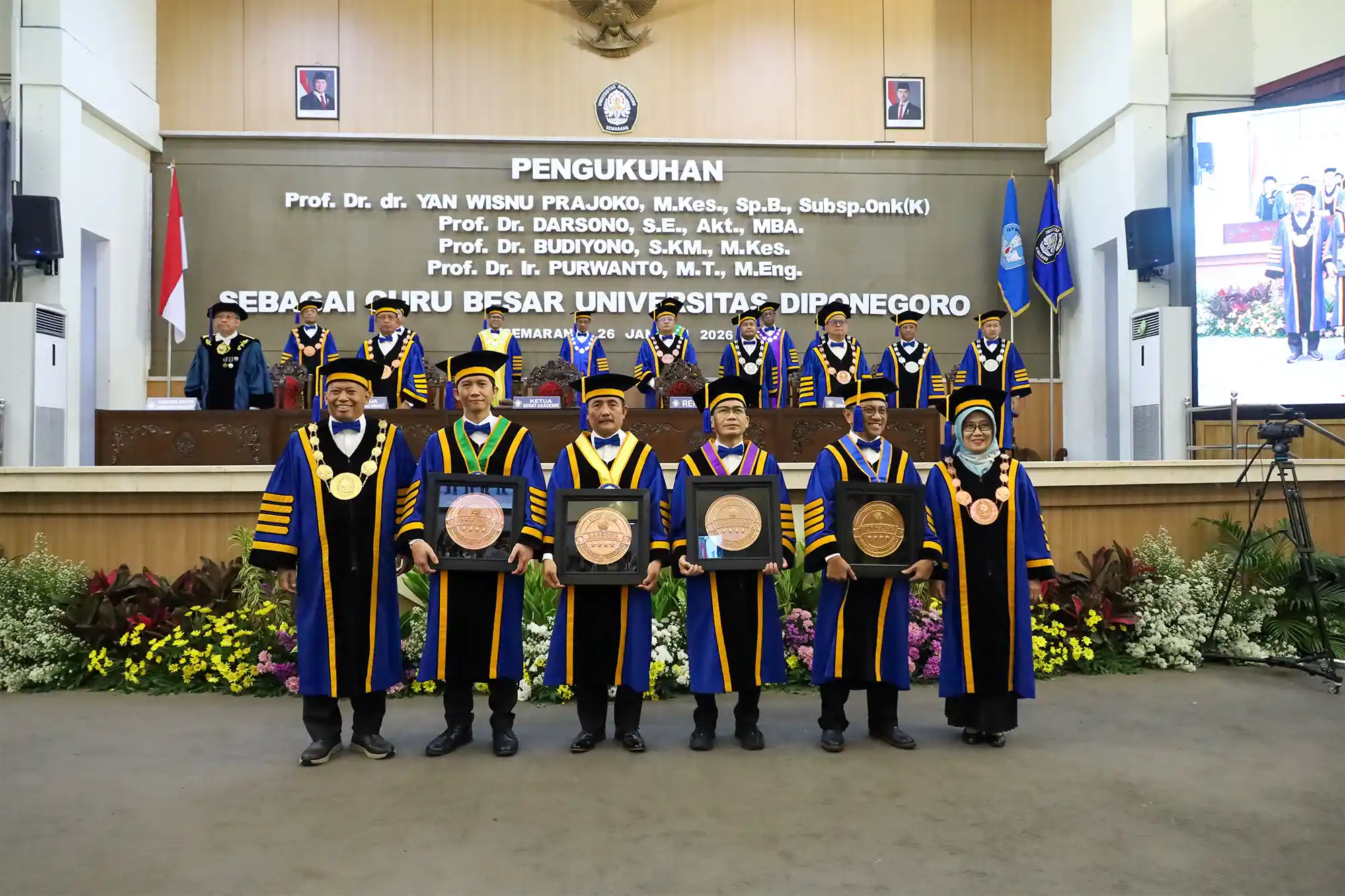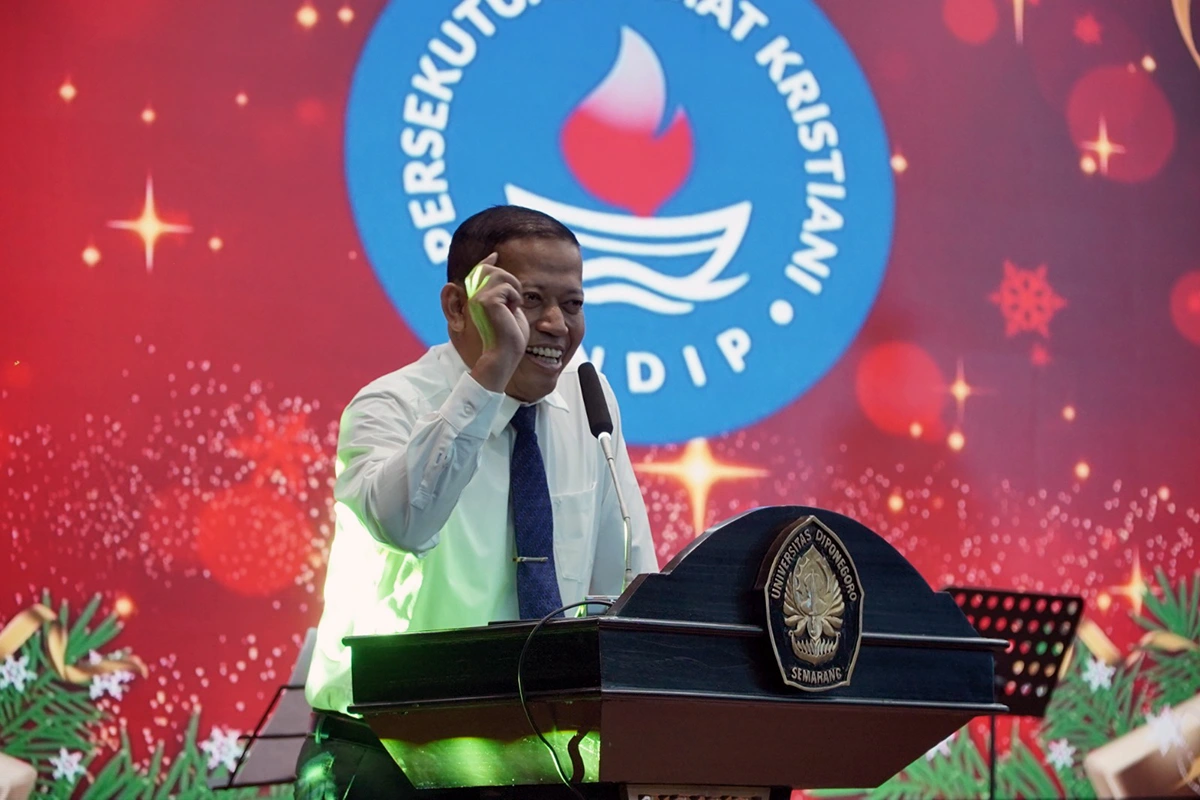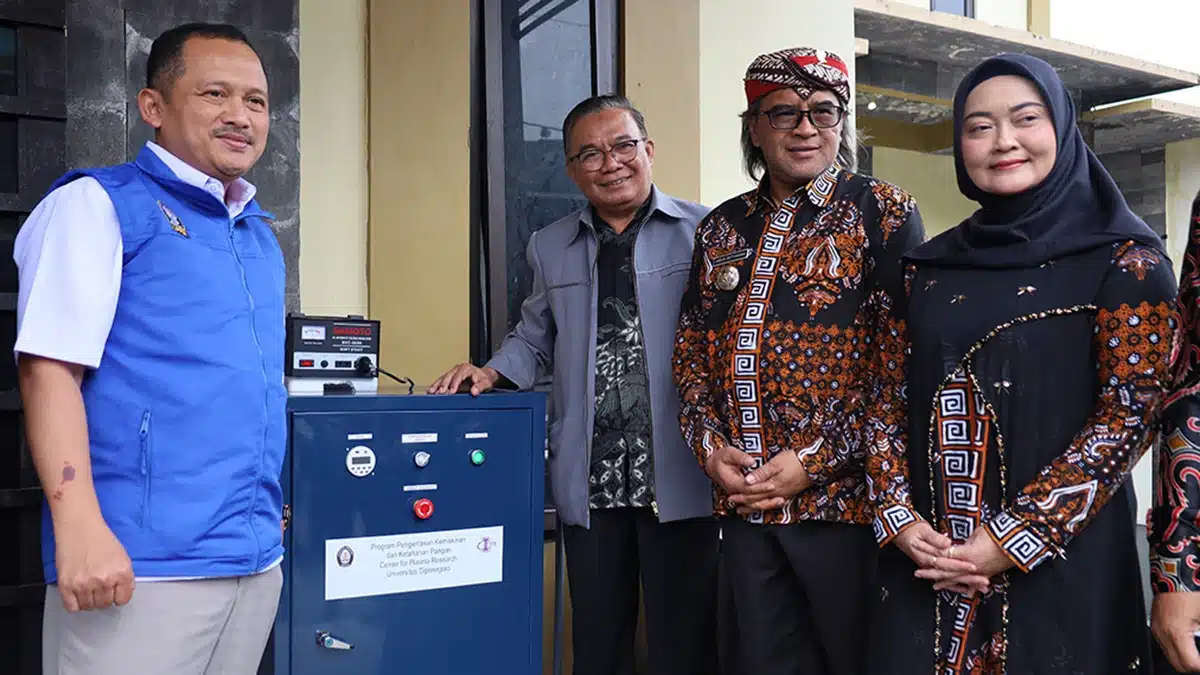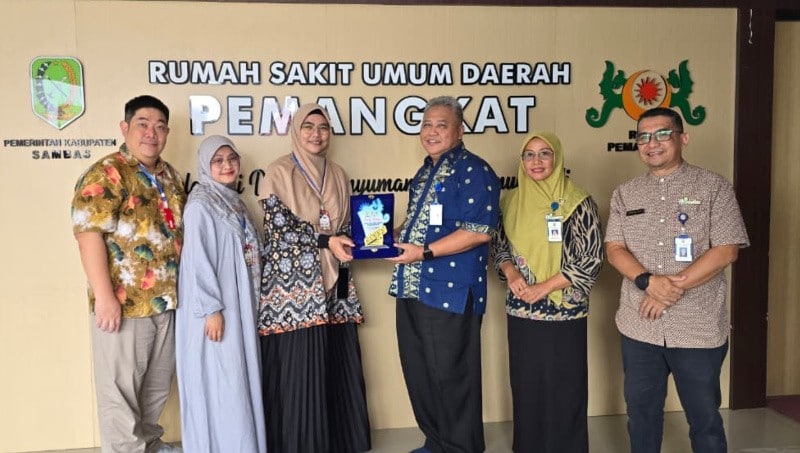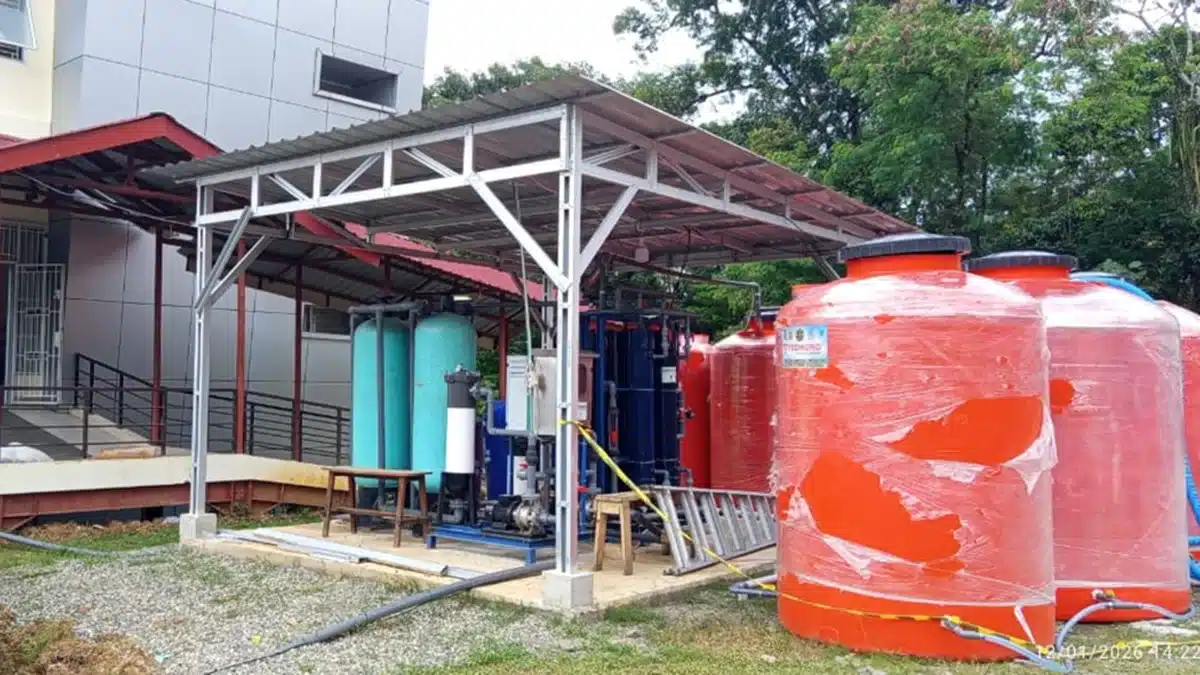The Faculty of Law, Diponegoro University (FH Undip) held a Webinar for International Law with the theme Challenges in Developing Indonesian Natural Resources Management Law Politics Post Globalization, Wednesday (28/09). Prof. Dr. F.X. Adji Samekto, S.H., M. Hum. (Professor of International Law, Faculty of Law Undip), Dr. Ida Sumarsih, S.H., M.Kn. (Mining Practitioner), and Dr. Arif Budimanta (President’s Special Staff for Economic Affairs) were invited as speakers at this webinar.
In his speech, Prof. Dr. Retno Saraswati, S.H., M. Hum. expressed her appreciation and gratitude to all the committees who organized the webinar for the Department of International Law, Faculty of Law, Diponegoro University.
State sovereignty in the field of natural resources still exists despite the Nominee Agreement, this can be seen from the indicators of the existence of a domestic market obligation or DMO on coal commodities where before companies export coal they must first fulfill the DMO, this is done to meet the domestic supply of coal especially for PLN.
Dr. Ida Sumarsih, S.H., M.Kn. as a Mining Practitioner said that the Nominee Agreement when viewed through an economic study. Analysis of low with the cost and benefit method can provide economic and legal benefits to the community, “The phenomenon of the Nominee Agreement carried out by foreign investors needs to get further studies both from an economic and legal perspective. Cost benefit analysis is an analysis of costs and benefits if the costs are smaller and the benefits obtained from the making of a Nominee Agreement are greater then efficiency occurs so that benefits are created. On the other hand, if an agreement is made, the costs are greater than the benefits, or the benefits obtained are smaller, then there will be no efficiency and no justice will be created,” she said.
Prof. Dr. F.X. Adji Samekto, S.H., M.Hum as Professor of International Law, Faculty of Law Undip added “As mandated by Article 33 paragraph 3 of the 1945 Constitution through the economic concept, the risk of failure can be reduced by making regulations because of the lack of comprehensive legal analysis,” he explained.
Meanwhile, Dr. Arif Budimanta as the President’s Special Staff for Economic Affairs discussed constitutional problems and the relationship between the state administration system and state institutions in the practice of daily life in the field of practical science citing economic problems, especially political economy.
“The problem faced in natural resource management is the globalization of capitalism. This globalization also has a paradigmatic style, namely the way of thinking of knowledge that influences us in viewing natural resource management. For example, computers, in utilizing information technology to meet face-to-face in webinars, almost all the devices we use in computers come from the extraction of natural resources, the chips must contain metals. With such an example, it can be seen that the more that is used for technological progress following globalization, the more natural resources will be extracted.” he said. (Afifah – Public Relations)


